

The University of Groningen (The Netherlands) is a public research university, founded in 1615 in Groningen, The Netherlands. RUG counts 6,500 employees, among which 400 professors, 2,000 PhD students, and 30,000 students. The research within the University of Groningen concentrates on three societal themes: energy, healthy ageing, and sustainable society. In the year 2016, there were 500 PhD promotions, 6,000 research publications, and 160M€ in contract research were granted.

The University of Bologna (Italy) is known as the oldest University of the western world. Nowadays, it still remains one of the most important institutions of higher education across Europe and the second largest university in Italy with 11 Schools, 33 Departments and about 87.000 students. The University of Bologna has been awarded the use of the logo "HR Excellence in Research” and is among the top 5 Italian universities in the main international rankings. In Horizon 2020, the University of Bologna is involved in 108 funded projects with 39.3M€ of funding.

Andrea Zucchelli, WP-Leader
a.zucchelli@unibo.it

Maria Letizia Focarete
marialetizia.focarete@unibo.it
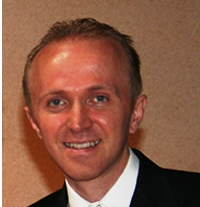
Davide Fabiani
davide.fabiani@unibo.it
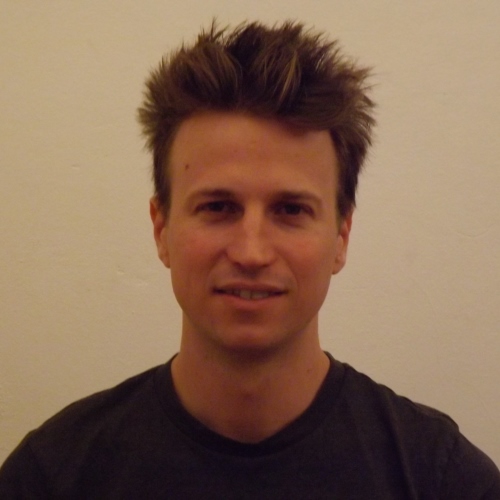
Tommaso Maria Brugo
tommasomaria.brugo@unibo.it
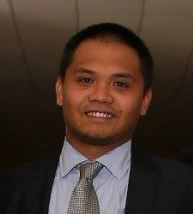
Johnnidel Tabucol, PhD student
johnnidel.tabucol2@unibo.it
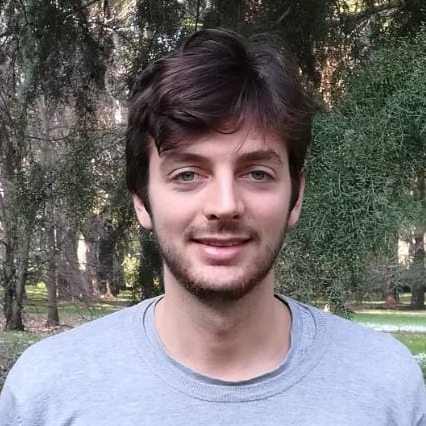
Giacomo Selleri, PhD student
giacomo.selleri2@unibo.it
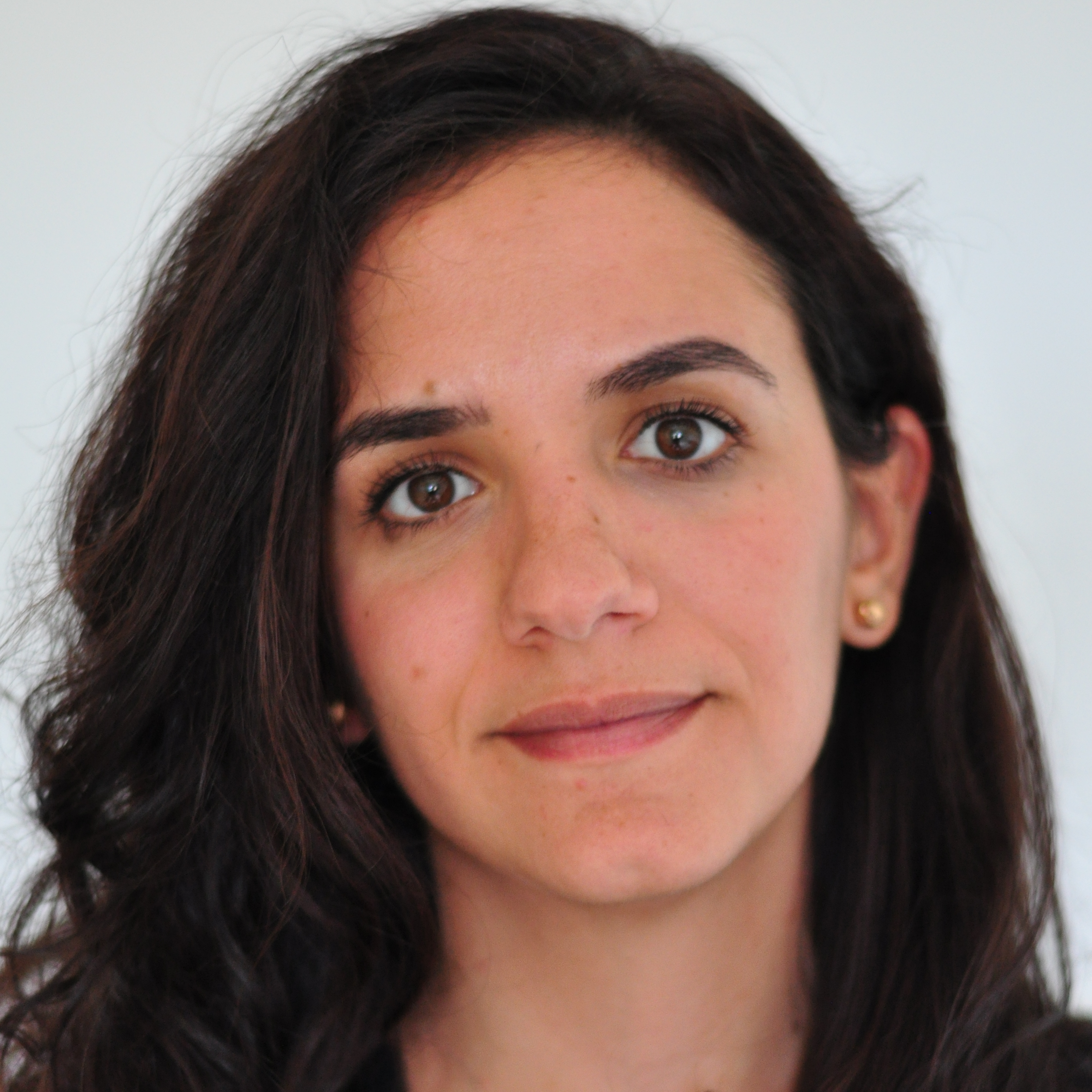
Maria Elena Gino, PhD student
mariaelena.gino2@unibo.it
The Roessingh Research and Development (The Netherlands) is a research and development SME in the area of rehabilitation technology and telemedicine with strong formalized links to one of the largest rehabilitation Center in the Netherlands (Roessingh Rehabilitation Center). The mission of the Roessingh Research and Development is to carry out scientific research and contribute to its valorization and implementation in clinical practice, by close cooperation with clinical centers and industry.
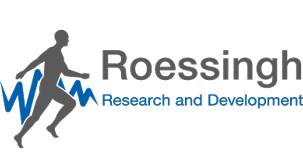
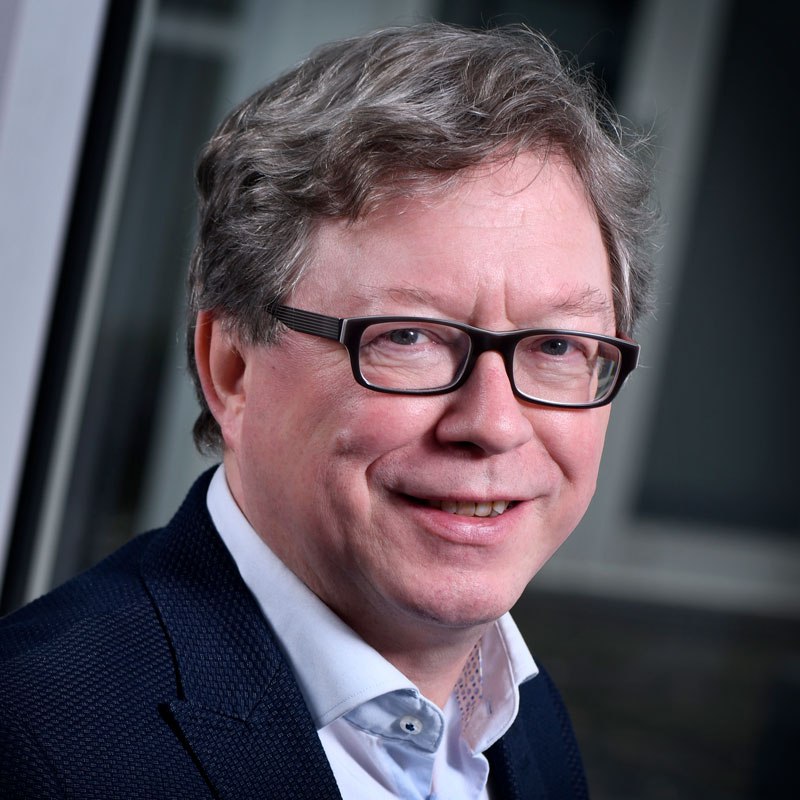
Hermie Hermens, WP-leader
h.hermens@rrd.nl

Jaap Buurke
j.buurke@rrd.nl
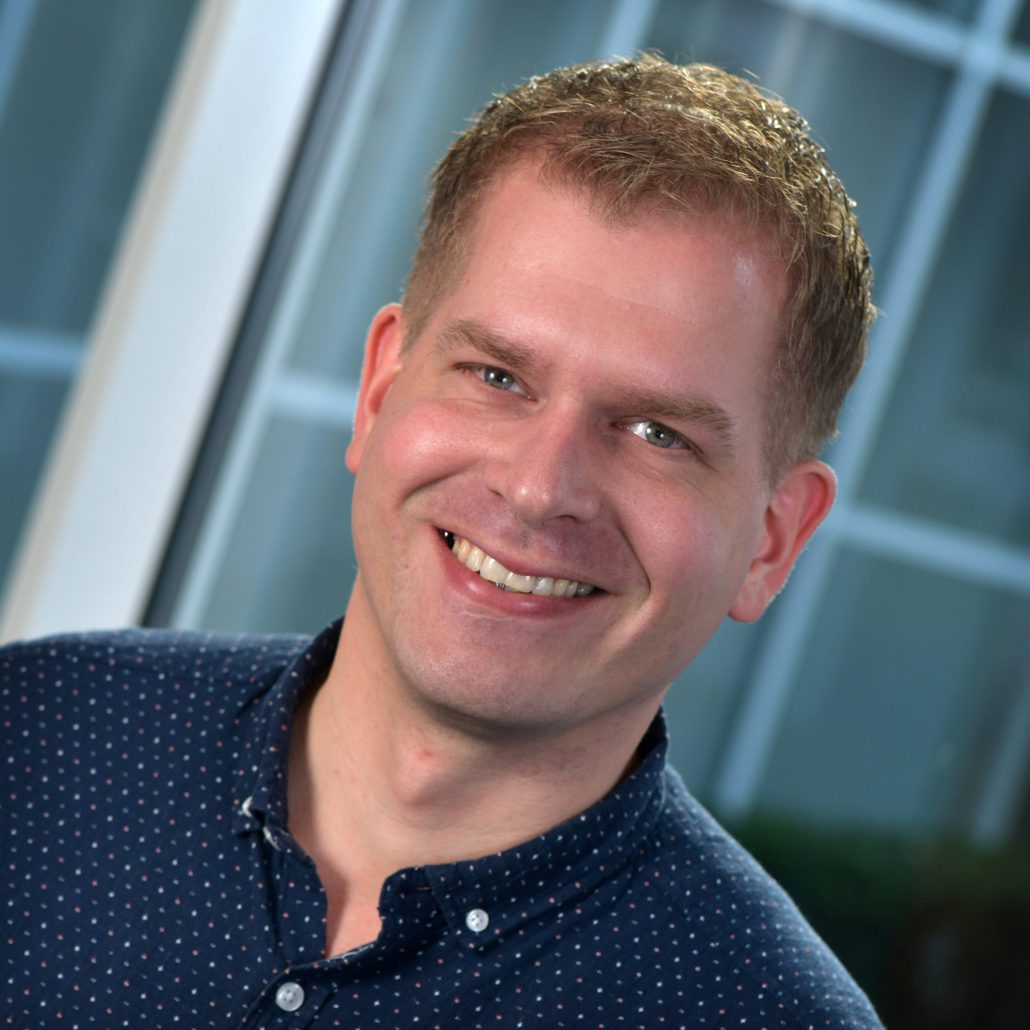
Erik Prinsen
e.prinsen@rrd.nl
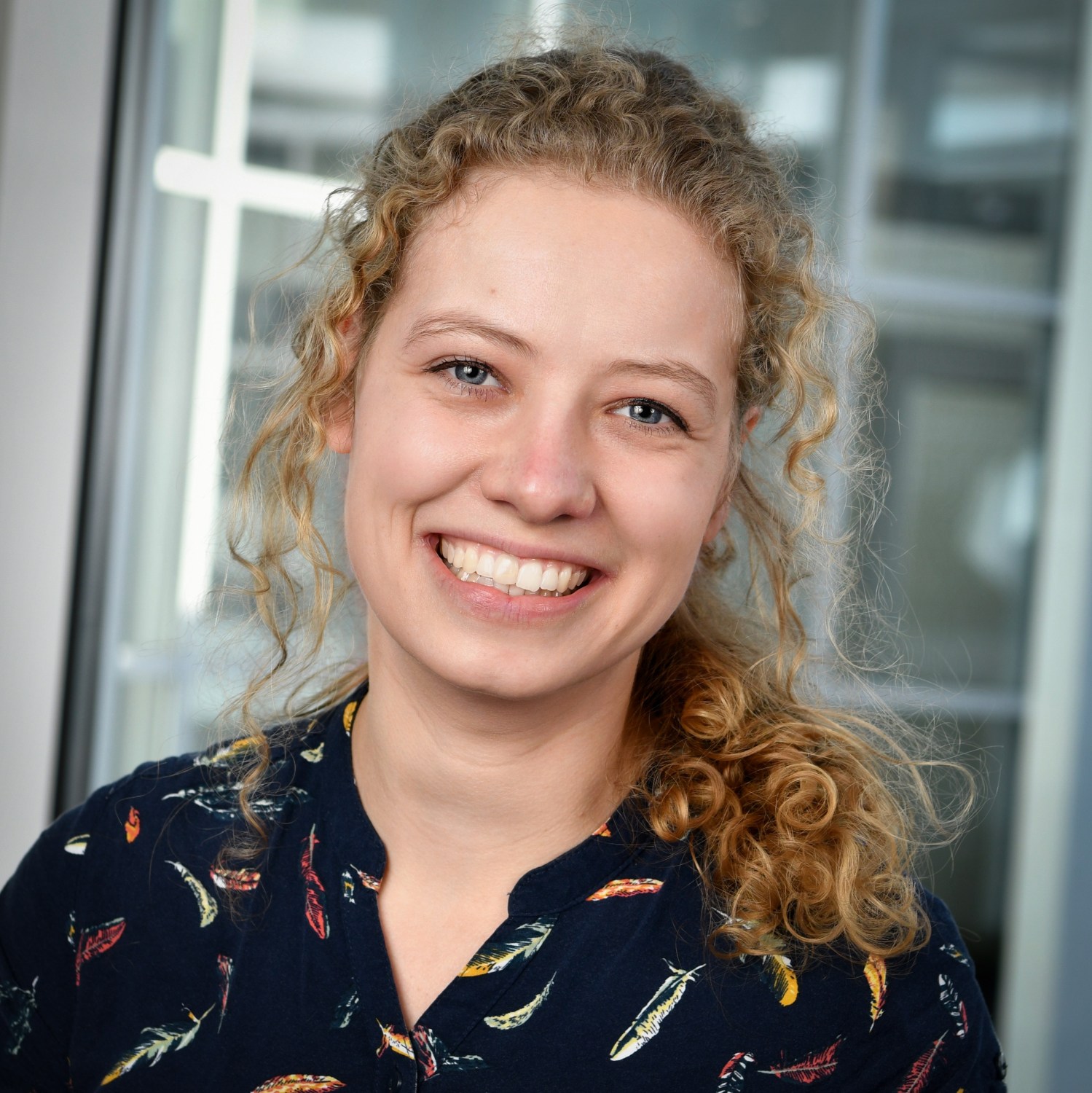
Eline van Staveren, PhD student
e.vanstaveren@rrd.nl
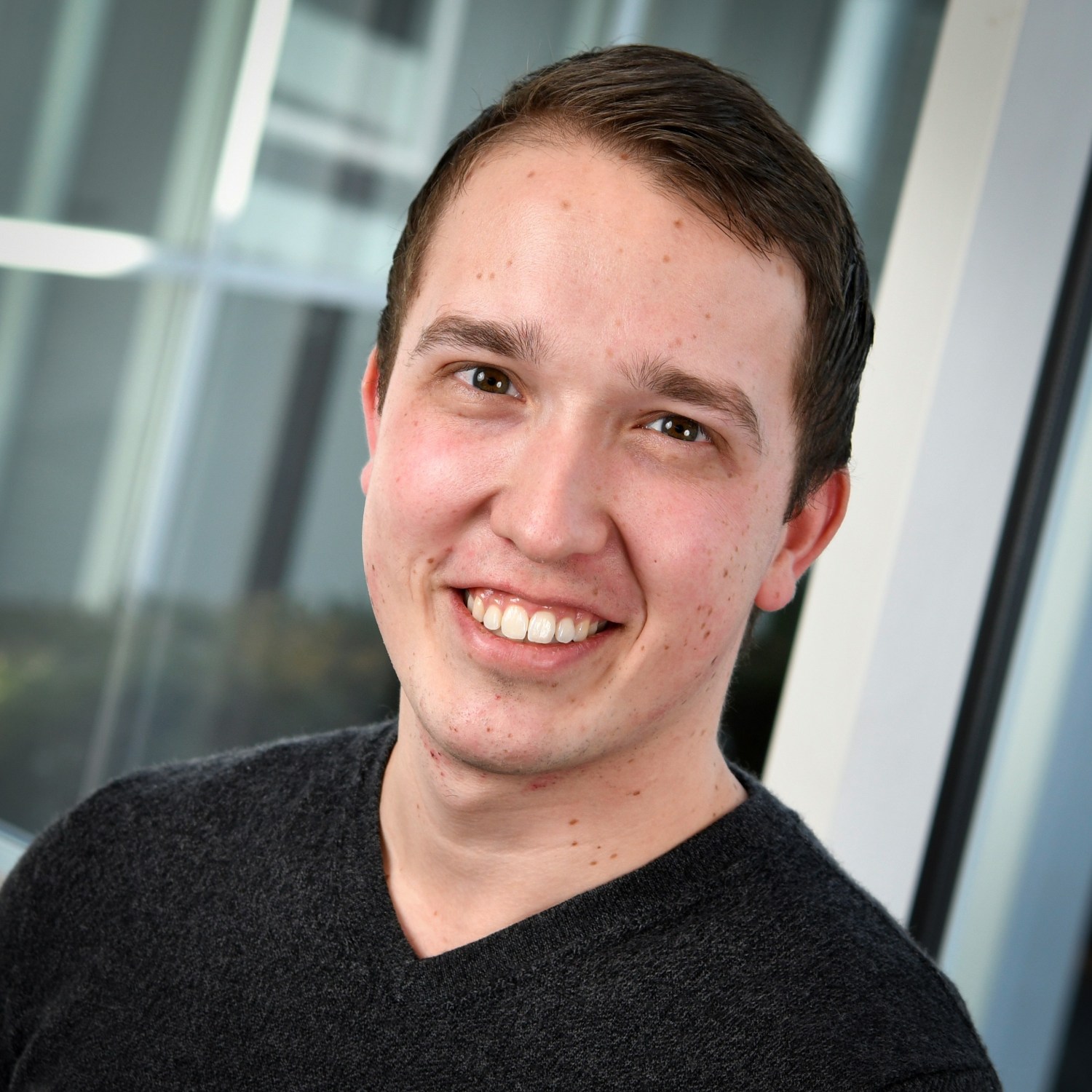
Robert Schulte, PhD student
r.schulte@rrd.nl
The Radboud University Medical Center (The Netherlands) advances human knowledge by conducting biomedical, translational and clinical research in order to improve wellbeing. Key strength is medical life-sciences organised in the recognised research institute Radboud Institute of Health Sciences (RIHS), with an impressive infrastructure comprising state-of-the-art technology platforms and (translational) research facilities. The Radboud University Medical Center has recognized the ‘Radboudumc center of expertise for amputation and osseointegration’ with a strong partnership between the departments of Surgery, Orthopedic Surgery and Rehabilitation Medicine.

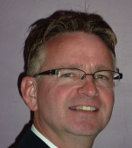
Nico Verdonschot, WP-leader
nico.verdonschot@radboudumc.nl
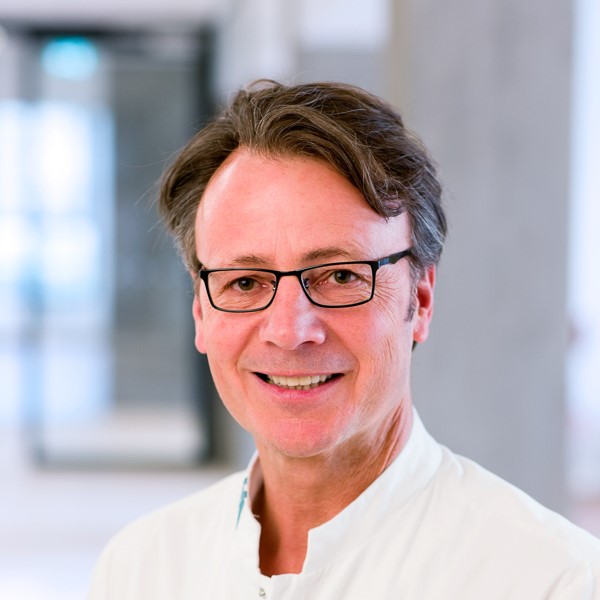
Jan Paul Frölke
janpaul.frolke@radboudumc.nl
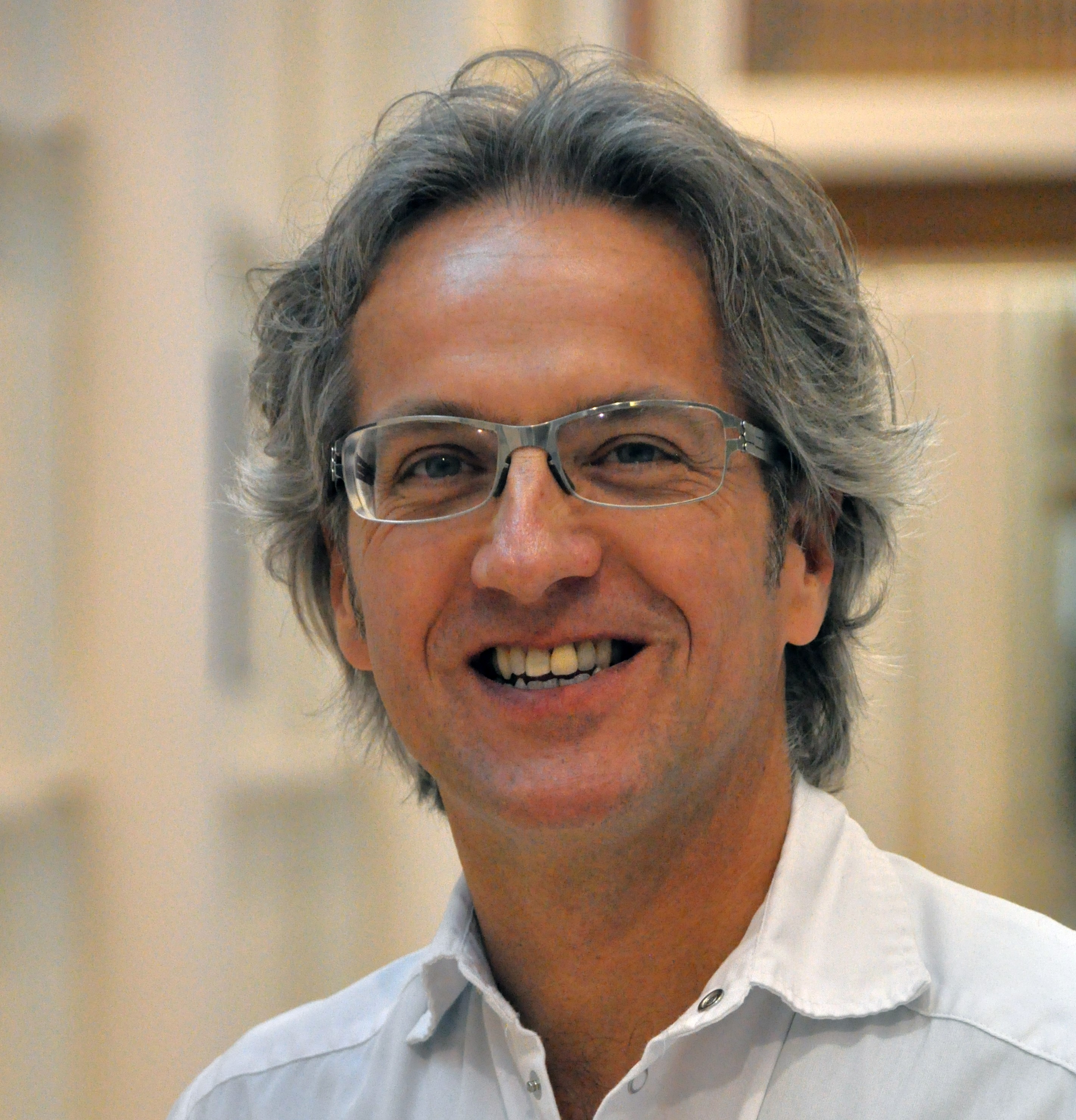
Henk van de Meent
henk.vandemeent@radboudumc.nl
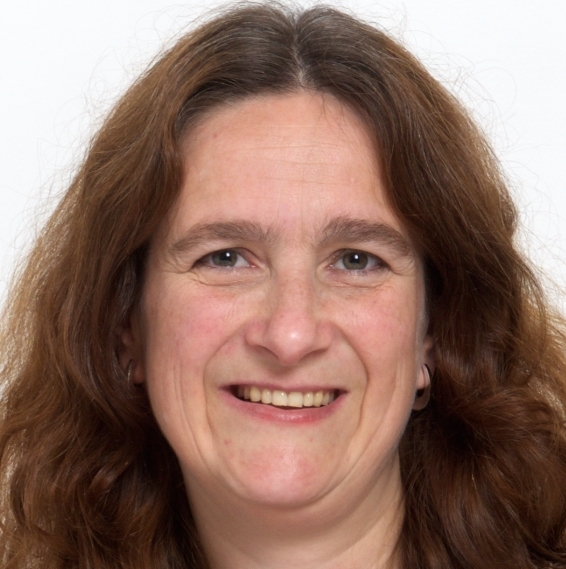
Vivian Weerdesteyn
vivian.weerdesteyn@radboudumc.nl
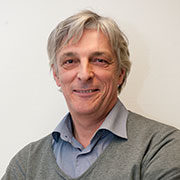
Harmen van der Linde
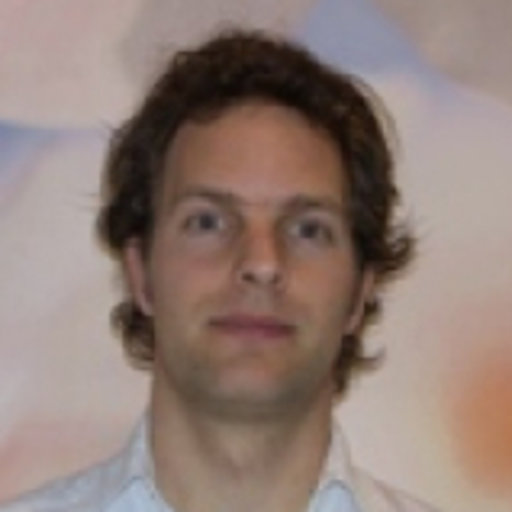
Ruud Leijendekkers
ruud.leijendekkers@radboudumc.nl
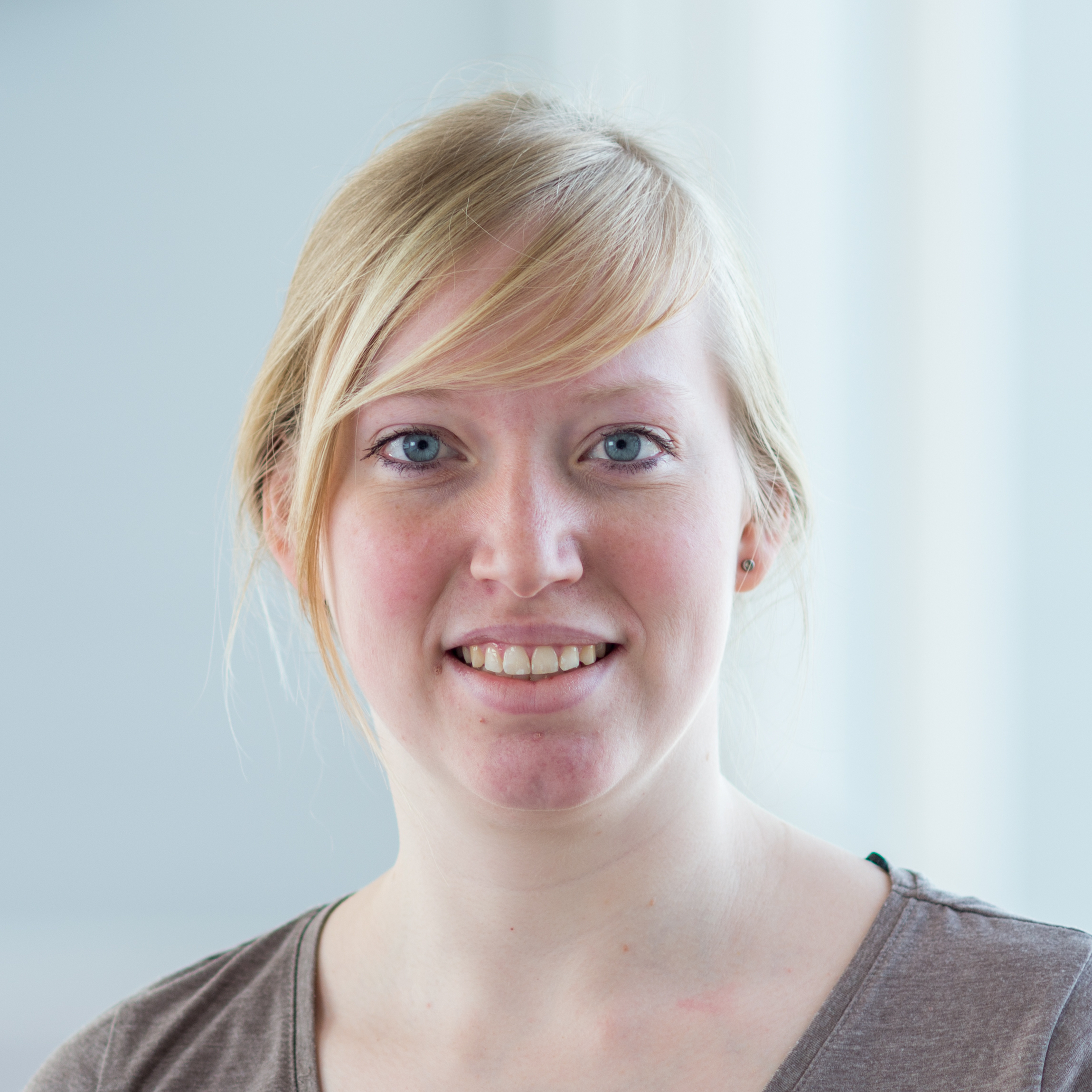
Vera Kooiman, PhD student
vera.kooiman@radboudumc.nl
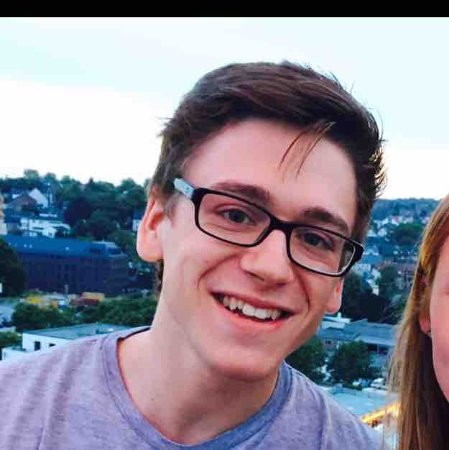
David Reetz, PhD student
david.reetz@radboudumc.nl
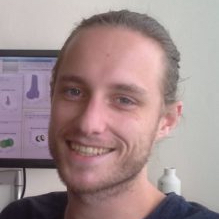
Max Bakker, Software Developer
max.bakker@radboudumc.nl
ÖSSUR (Iceland) was founded by Össur Kristinsson, a prosthetist and an amputee. The company originally started life as a prosthetic clinic in 1971, steadily building itself a world-class reputation for the design and production of prosthetic liners, sockets and locking systems. At the forefront of research and development, it has pioneered silicone technology to great effect. Building on that tradition, OSSUR has added numerous life-changing products to its portfolio, dynamic braces such as the Unloader One® to relieve the pain of osteoarthritis, and the unique prosthetic foot PROPRIO FOOT®, the world's first intelligent prosthetic foot incorporating Bionic Technology. OSSUR currently holds around 1100 patents and 400 patents are pending. R&D is a core function at OSSUR and the company policy is to use 5-6% of annual turnover on R&D, currently more than 130 persons are working on R&D, located in Iceland, France, and USA. OSSUR‘s head office is in Iceland.

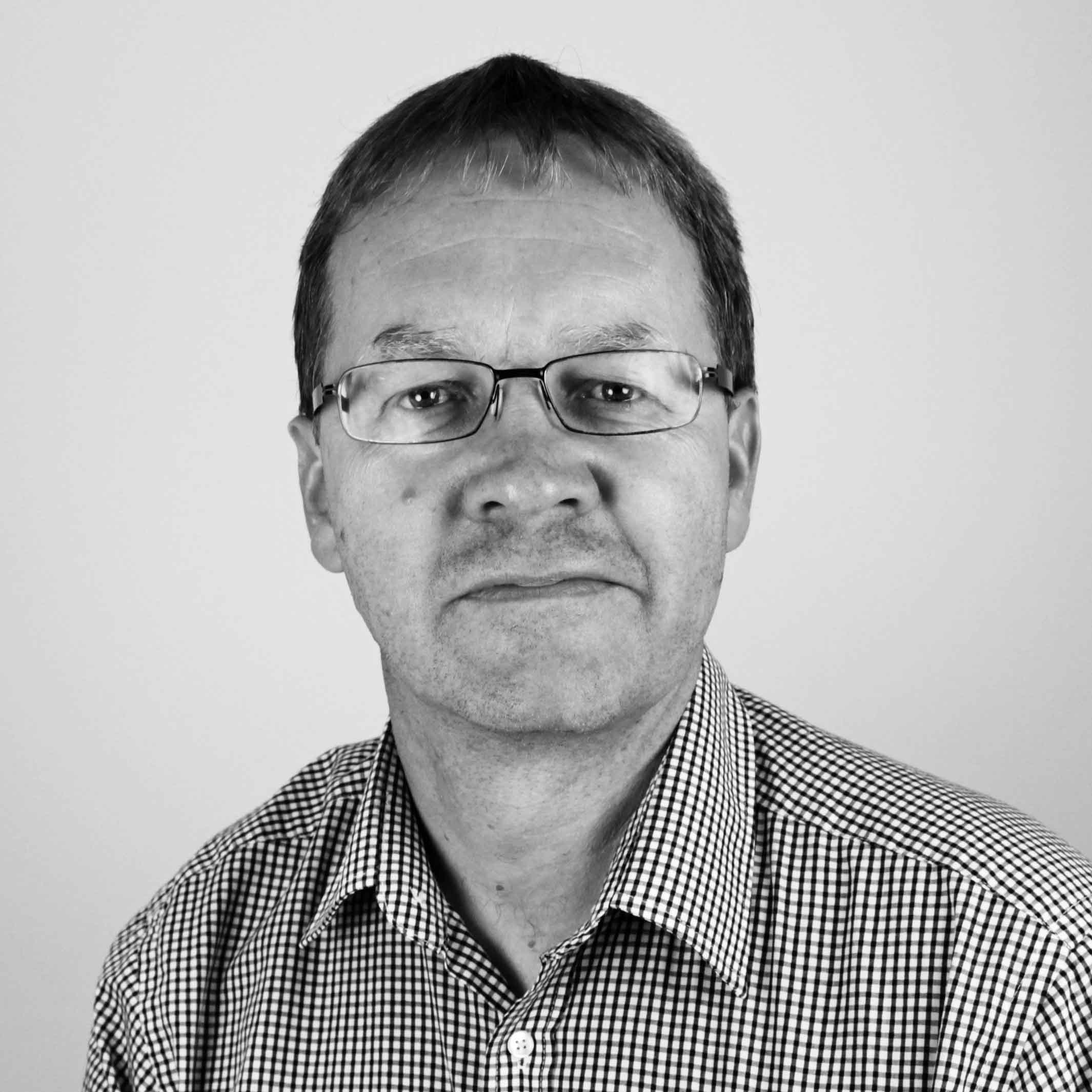
Freygardur Thorsteinsson, WP-leader
fthorsteinsson@ossur.com
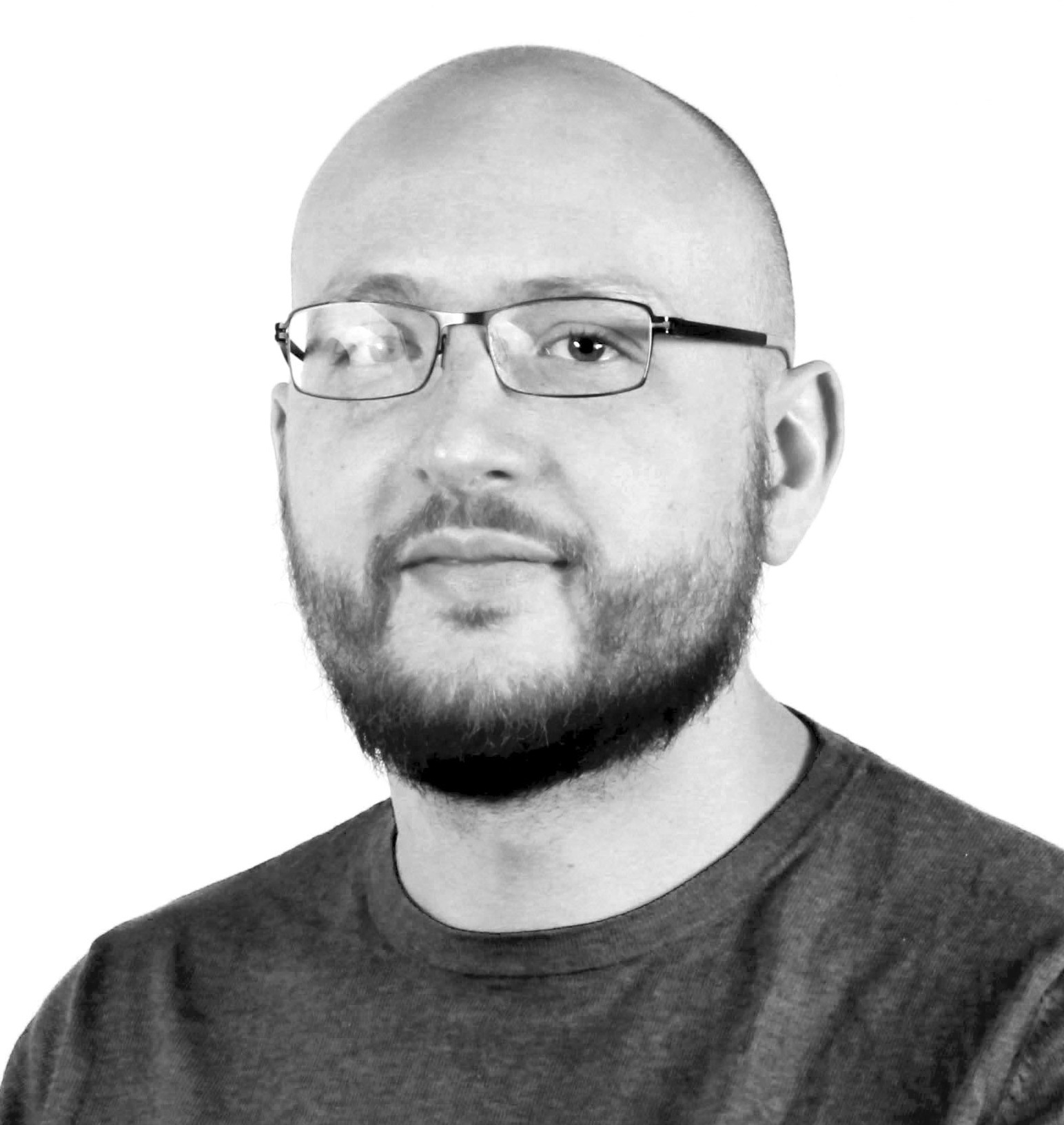
Thor Fridriksson
thfridriksson@ossur.com

Gudrun Erla Olafsdotttir
golafsdottir@ossur.com
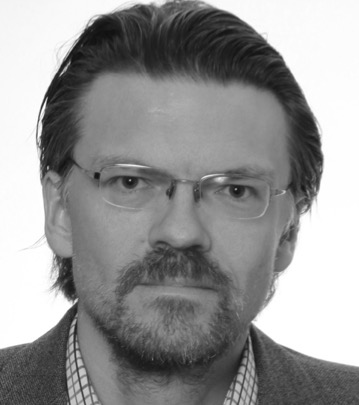
Magnús Oddsson
moddsson@ossur.com
The University of Twente (The Netherlands) is a young, entrepreneurial research university. Founded in 1961 in Enschede, the Netherlands, the UT stands for high tech with a human touch. At the UT 3,200 scientists and professionals conduct pioneering research and offer relevant, innovative and inspiring education to 10,000 students. UT’s research is highly regarded at national and international levels, and is accommodated within world leading research institutes. In the research, the UT focuses on nanotechnology, information technology, biomedical technology and technical medicine, governance, behavioural sciences and geo-information science and earth observation. The research institutes combine scientific excellence with a sharp eye for economic and societal impact. They are highly successful in generating spin-off businesses (over 50 new companies annually). UT researchers are involved in over 220 FP7-projects and in 30 Horizon2020-projects already, in 15% of them as a co-ordinator. This provides a total return of nearly 140 Million Euro in subsidies with its participation in European R&I -projects.

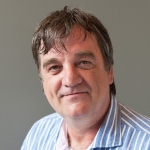
Bart Koopman
h.f.j.m.koopman@utwente.nl
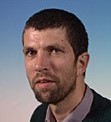
Edsko E.G. Hekman
e.e.g.hekman@utwente.nl